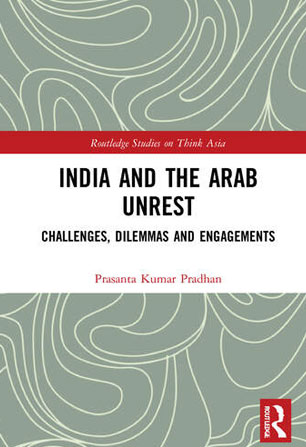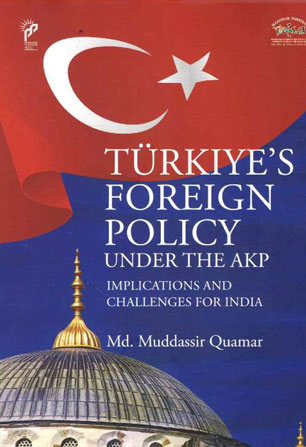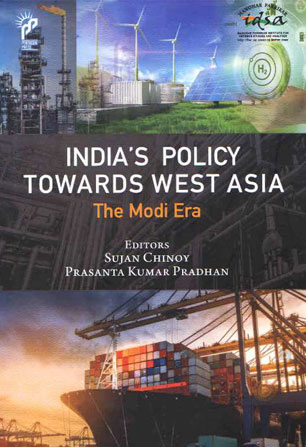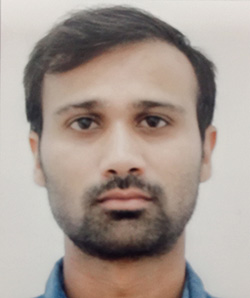The Syrian Conundrum
As long as the army remains loyal to Bashar, the rebels are unlikely to make much headway, although their continued ability to secure weapons through the Turkish border would plunge Syria into a protracted civil war.
- Stanly Johny
- February 14, 2012









